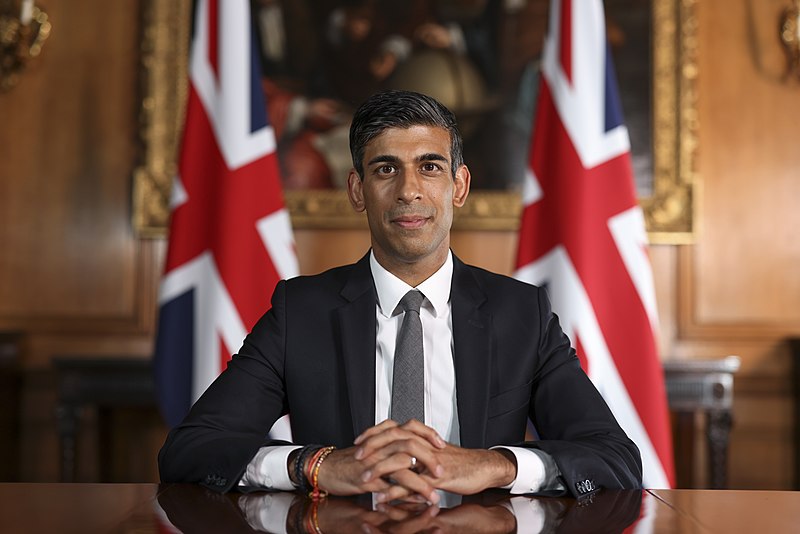
Rishi Sunak is contemplating a shift in the government's stance on key green commitments, potentially including delaying the ban on new petrol and diesel car sales and the
phasing out of gas boilers, according to multiple sources cited by the BBC.
The interior ministry is devising a phased approach to avoid significant disruption as operators remove critical components from Chinese vendors in their 5G core networks by 2026. This move may affect operators like Deutsche Telekom and Vodafone, who are urged to reduce the share of Chinese components in their RAN and transport networks to a maximum of 25% by October 1, 2026.
Huawei currently holds a 59% share of Germany's 5G RAN networks, as per a survey by telecommunications consultancy Strand Consult. In sensitive areas such as Berlin, Chinese technology may not be used at all.
The interior ministry plans to present its approach to the cabinet next week but may encounter resistance from the ministry for digital affairs, which fears it could impede Germany's progress in digitalization.
Germany has lagged in implementing the European Union's security measures for 5G networks, designed to restrict the use of vendors considered "high risk," including Huawei and ZTE. The government denied using new Chinese critical components in 5G networks since an IT security law came into effect in May 2021.
The move marks a significant shift in the Conservative Party's approach to net zero policy and sets a clear divide with the Labour Party. Sunak aims to emphasize the UK's leadership in net zero while arguing that Britain has surpassed climate change confrontations, and other nations should do more.
The plan, as outlined, includes delaying the ban on new petrol and diesel car sales from 2030 to 2035, weakening the 2035 phasing out of gas boilers, halting new energy efficiency regulations on homes, and delaying the 2026 ban on off-grid oil boilers until 2035 with only an 80% phase-out target.
Sunak may also rule out measures discouraging flying, dietary changes, carpooling incentives, and stringent recycling schemes.
Critics argue that diluting green policies would jeopardize jobs, investment, and economic growth and hinder the UK from taking advantage of future industries. However, some see Sunak's approach as pragmatic and necessary. Photo by Simon Dawson / No 10 Downing Street, Wikimedia commons.



































